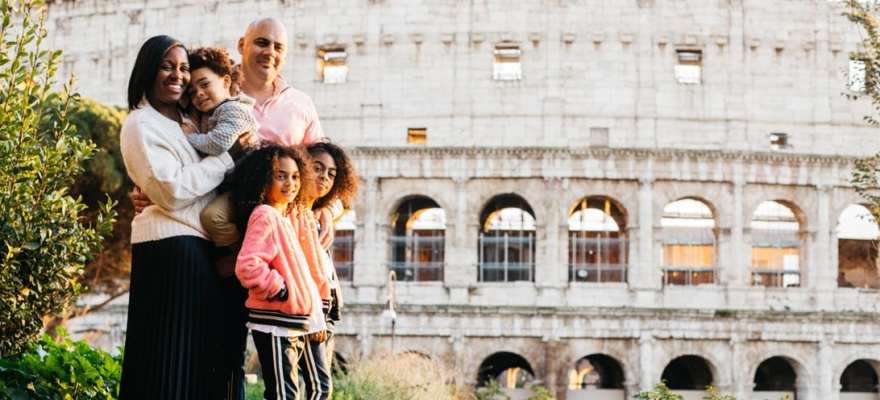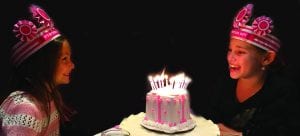
We now have a new historical day in our calendar: May 25, 2020—the day George Floyd was killed by police. The resulting current events are impossible for anyone to ignore. And our children are also watching the events unfold—on every media channel and in every household. So, how do we as parents address this?
As a Black woman, I do not have the answers, nor do I know the correct way to handle this situation.
I was raised in a home where all my friends were accepted and loved as long as they were good and loved us back. We were warned about bad behavior and making bad choices that would affect our future—but when our parents discussed this, they never included the subject of race. We were kids and were not made to bear the burden of race. Conversations about race only happened when tragedies like George Floyd’s death occurred.
Sadly, these types of conversations are still happening. But these conversations with my children began earlier than they did when I was growing up because my husband is White and I am Black. Plus, our children are fraternal twins and are in the 25th percentile of one being a darker shade than the other. While there was no way we could avoid the conversation of race altogether, we didn’t address racism and racial inequality until the twins were in second grade. It was then that they started reading books about oppression, and I didn’t want them to feel badly about their ancestors.
When we started having conversations about race, we went beyond the books and looked at our own family and friends. We spoke about economic differences, inheritance, the American dream, culture, art, education, and lifestyle. These are major topics we continue to discuss when addressing the differences in the way people of color are treated.
These days, and as a result of the current events, I am sharing more positive insights on the culture and history of Black people. I include our personal family history. I also talk about oppression in the most child-friendly way, explaining about injustice and underserved communities. I am sharing the good actions being done to make the world a better place to live in for everyone, which starts by standing up for our friends.
When we talk about racism, we say it comes from ignorance and that it is a disease. If anyone allows racism and ignorance to affect them for a long period of time, they will become alienated. No one wants to be an alien. This is perhaps the simplest way for a child to remember this lesson.
In our house, we entertain our children with Latin music, as well as classical, rhythm and blues, reggae, and Italian music. When we travel with our children, we go beyond the resorts and into the local neighborhoods. We eat the local food and learn the culture. When learning about art, we discuss Peter Max as well as Romero Brito. When we watch television, which isn’t often, we watch The Wiz and The Wizard of Oz.
Children learn by experiences and by what they see—more so than what they are told or taught to do. In general, if something feels normal, it will be accepted. Our children have dignity, respect for themselves and others; they treat others as they would like to be treated. And they know how to learn from their own experiences.
Natasha D’Anna is the creator of Twindollicious.com, a blog that covers travel, lifestyle hacks and DIY fun, product reviews, and events in and around NYC.

Read Next | This Is Where You Can Get Amazing Kids’ Birthday Party Ideas

